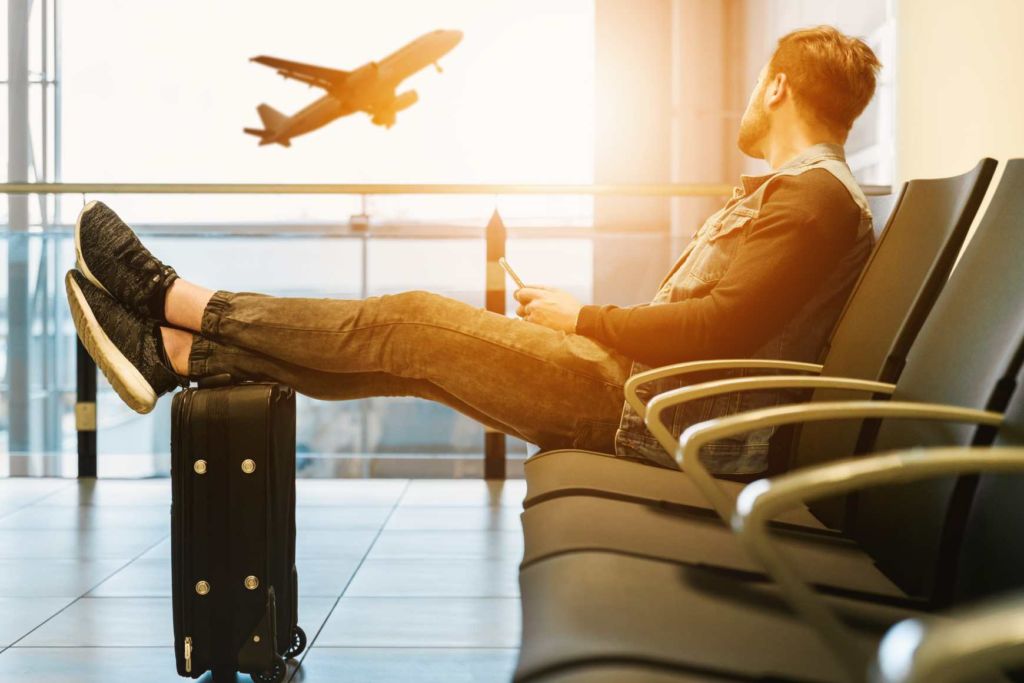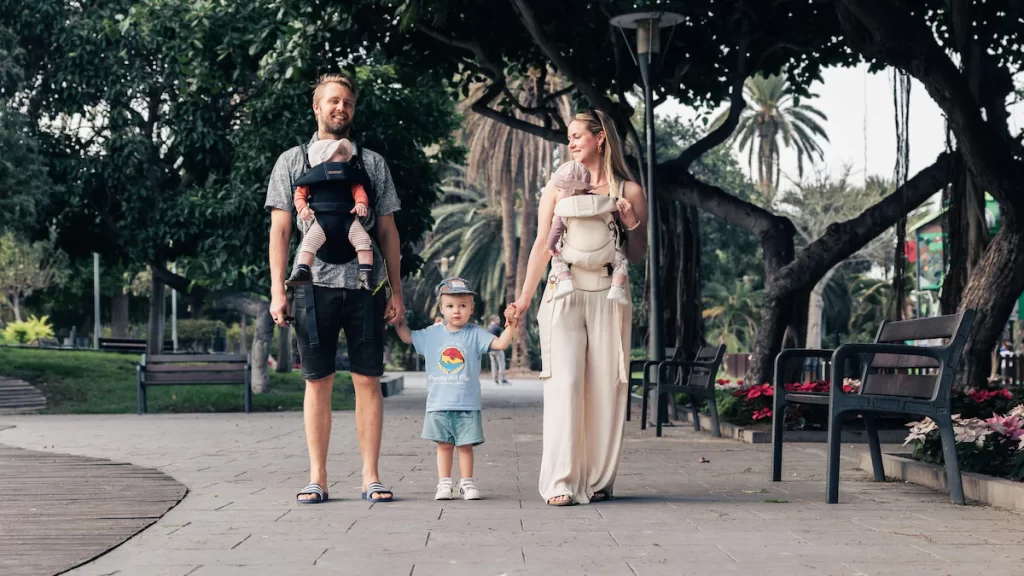Travel and tourism experienced an existential crisis in 2020 due to Coronavirus (covid-19). Being covid-19-ready quickly transformed into the new normal, with travel businesses doubling down on hygiene protocols, social distancing measures and providing a customer-centric approach to kickstart recovery.
Innovation is taking multiple forms as digitalisation and sustainability accelerate. New source markets, consumer segments, business models and alternative revenue streams are just some of the strategies being explored to ensure survival.
With world arrivals forecast to be down -50% by the end of 2020, the global travel supply chain is under immense pressure.
Faced with the reality of a global recession and new waves of the virus, countries are using innovation to accelerate recovery, according to global market research company Euromonitor International’s new report ‘Accelerating Innovation after Coronavirus’.
Since the World Health Organisation declared covid-19 a global pandemic in March 2020, the world has witnessed the collapse of travel and tourism, as bans and restrictions were imposed by governments in an attempt to control the spread of the disease.
Recovery is dependent on the duration of social distancing measures, the efficiency of covid-19 tracking apps (as exemplified by countries like China, South Korea, Australia, Singapore and Germany) and the economic impact of the pandemic, particularly on unemployment. We expect tourism demand to take a minimum of three to five years to recover for trips and value, with lags for hotels, airlines and intermediaries. For the mid-term at least, the travel industry will have to recalibrate to lower levels of demand.
In Europe, a strong rebound of 5% real GDP growth and a 76% increase in inbound receipts are expected in 2021. Sustainable tourism will play a big part in the recovery process, with countries looking to achieve net positive impact for local communities, especially in destinations suffering from over-tourism, like Barcelona. With a rise in nature-based activities, known for its cognitive benefits, Scotland is developing a therapeutic recovery programme to improve mental wellbeing post-lockdown.
In Asia Pacific, recovery is expected within three years; relatively quicker than Western Europe. Home to the world’s largest population of internet users, innovation in the region is already thriving, with concepts tackling various needs during lockdown, including customer journey, mobility and sustainable destination management. With mobile sales accounting for 62% of all APAC online sales this year, this trend will continue apace post pandemic. By 2025, Singapore will lead online travel sales with an average spend of USD1,200 per person a year.
In the Americas, Panama and Argentina are forecast to experience a 20% CAGR in inbound receipts in 2021-2025, ahead of the US at 12% CAGR. Digitalisation is accelerating with a wide range of technology incorporated into new travel concepts, including AI, automation, blockchain and the Internet of Things, to create a safer, more sustainable and seamless travel experience. Insights from Euromonitor show that 61% of US travel companies expect AI to impact their business in the next five years.
Countries in the Middle East are introducing new health and hygiene protocols to reassure people’s safety. Mosques in Saudi Arabia are using Ozone technology and thermal cameras for mass disinfection and temperature scanning. While, in Africa, the potential for smart connected cities is close in countries such as South Africa and Nigeria, with the acceleration in digital identity creation and rolling out 5G.









